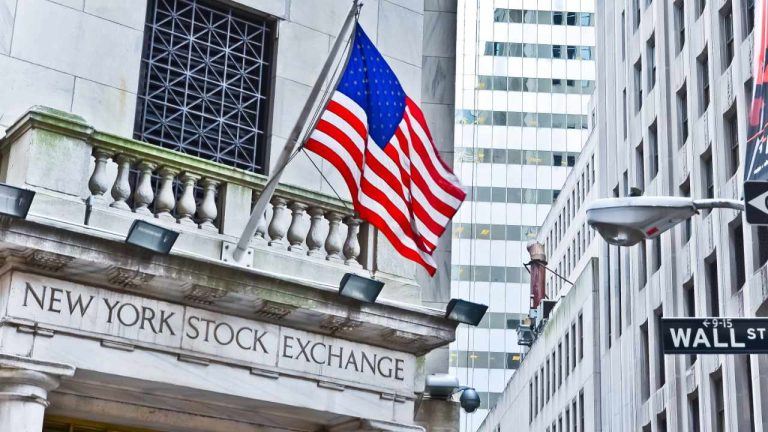Buffett Bashes Bitcoin, Calls It A Delusion For Charlatans
In a move that would make Satoshi Nakamoto turn over in his grave (presuming the crypto godfather has passed), Warren Buffet of Berkshire Hathaway recently bashed Bitcoin (BTC) on CNBC’s “Squawk Box” to precede his firm’s world-renowned shareholders meeting. Per previous reports from Ethereum World News, the so-called “Oracle of Omaha,” who is reported to still own a flip phone that might make many reminisce about the turn of the millennium, explained that while blockchain technologies have “importance,” Bitcoin has no “unique value at all.” Buffett’s quip, which comes after he infamously called the flagship cryptocurrency “rat poison squared,” is likely in reference to common Joes and Jills’ belief that nothing tangible is backing the value of BTC, as it is ‘printed’ out of ‘thin air’. Buffett referenced this, but in a clear misunderstanding of the way Proof of Work-based blockchains operate, when he stated:
“It doesn’t produce anything. You stare at it all day and the little Bitcoins come out or something like that. It is a delusion, basically.”
Funny enough, however, the world-renowned investor noted that he feels sorry for Bitcoin holders, explaining that investors in this nascent asset class actively get their hopes up that cryptocurrencies will change their lives. But, Buffett concluded that when you boil BTC down, the capped supply and difficulty system may be “genius,” but the cryptocurrency doesn’t have much of a value and attracts charlatans.
Maybe This Isn’t A Bad Thing For Crypto
While many cryptocurrency diehards took offense, some argue that Buffett’s aversion to Bitcoin is somewhat of a positive sign. Avichal Garg, the managing partner of Electric Capital, recently broke down his thoughts on the subject matter in an extensive thread.
In a tweet that garnered some traction Crypto Twitter, Garg argued that Buffett’s investment thesis is to stick to companies he knows, which don’t include venture-funded startups built in the heart of the Bay Area. This means that by extension, the well-recognized value investor wouldn’t be the best at allocating funds to digital currencies either.
Backing his noticing, Garg went on to break down the States-based Berkshire’s history of involvement with technology companies, both established and nascent. Citing transcripts from 2018’s Berkshire annual meeting, the commentator noted that Buffett openly admitted that he made a mistake back when Amazon and Google, two Silicon Valley darlings, were early-stage firms, as he decided not to make capital allocations.
Although Buffett made this comment with sincerity, Garg noted that it isn’t within Berkshire’s ‘circle of competence’ or investment model to invest in companies focused on offering innovative digital services to the Internet population.
Buffett’s partner in crime, if you will, made a similar comment in regards to Facebook. In 2012, Munger noted that Berkshire and its partners “don’t invest in what we don’t understand,” adding that he and his posse don’t want to understand the social media giant. Garg said that Berkshire’s surprise investment in Apple, which occurred in early-2016, was not based on the company’s technological innovations, but its balance sheet, consumer franchise, and ecosystem.
Thus, the Electric Capital representative noted that assessing Buffett’s comments on Bitcoin as advice or a viable opinion isn’t entirely logical, as Berkshire’s ability to determine the future potential of technology is lackluster. The fact that Google, Amazon, and the like succeeded, even without the backing of Buffet & Co., could also only accentuate that there’s is still a bright future for Bitcoin, cryptocurrencies, and the innovations that get built around this newfangled asset class.
Title Image Courtesy of Alejandro Alvarez Via Unsplash




